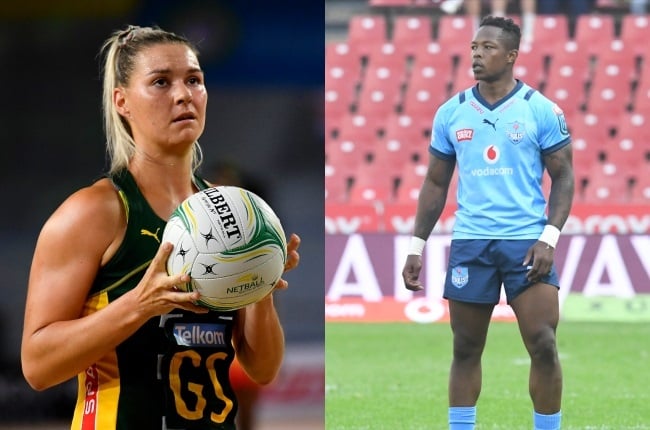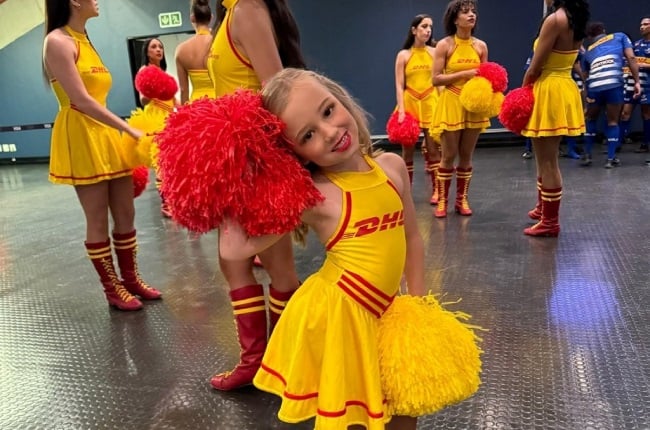The world watches their every move, highlights every misstep, questions every decision – even if they’re good. While all they want to do is play their heart out and do what they love, at some point the pressure becomes too much to bear.
Life as a professional athlete comes with plenty of perks: fame, fortune, travelling the globe and basking in the adulation of fans. But an increasing number of young stars are showing the darker side of elite sports and the effect it has on their mental health.
Bulls and Springbok wing Sbu Nkosi was one of these athletes who felt the strain of the spotlight. He disappeared for several weeks last year and it turned out he was at his father’s home in Mpumalanga.
He’d spent most of his time, “curled up in a ball” with his dad, Ronald Moosa, at his side. “It’s just been a whole lot of mental pressure,” Sbu (27) said.
“It’s been building up for a couple of years now. I was just trying to keep myself calm. That’s been a battle. I’m at a point where I need to prioritise the person before the rugby player.”
He recently returned to training with the Bulls and thanked his supporters in a video released by the team. “It took some time, but I am happy that I am back where I belong and that would have never been possible without the love and kindness I have received.
“The overflow of support allowed me to find comfort and confidence in that I am no lesser a human being for acknowledging and accepting that I am not okay.
“The support I received allowed me to find my feet again and the only thing I can do now is to pay it forward so others can be empowered to know the sun will rise again, even when it does not look like it.”
Sbu is not alone, says sports psychologist Dr Keitumetse Mashego. She’s seen an increase in younger athletes coming to her Pretoria practice, as younger people are more open to seeking help.




 Publications
Publications
 Partners
Partners


















